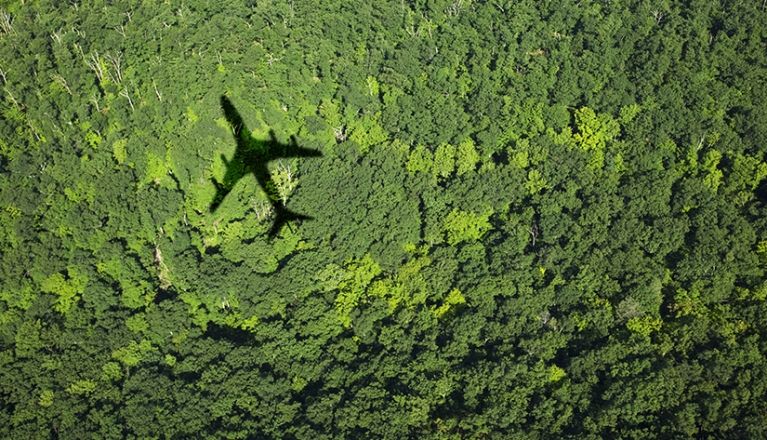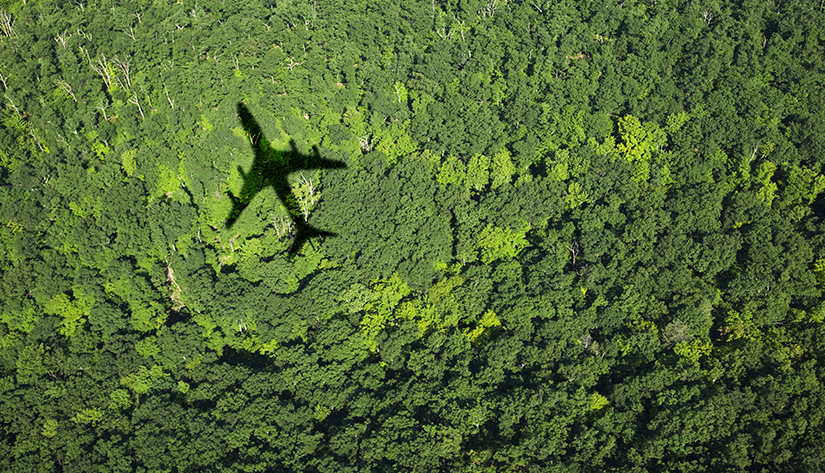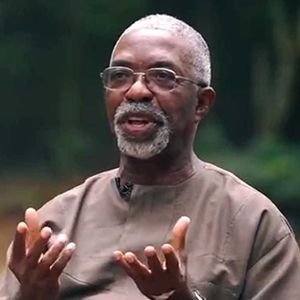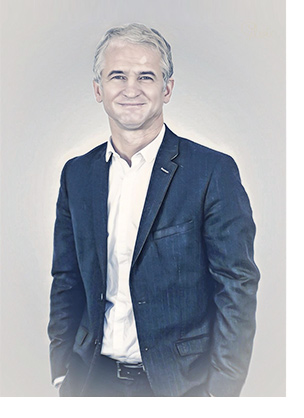Coronavirus: climate action and environmental protection are key to any economic recovery
With the end of lockdown not yet in sight, more and more post-crisis stimulus plans are already competing for attention. Some advocate putting the ecological transition on ice until the economy is back on its feet, while others see the ecological transition itself as vital to any recovery.
Heads of state are currently working on economic stimulus plans. What place will pre-crisis environmental goals have in these plans? Will they be sidelined for the sake of helping businesses survive?

Will the ecological transition be postponed?
On 26 March, the United States Environmental Protection Agency suspended enforcement of environmental protection laws applicable to businesses for an indefinite period during the coronavirus epidemic. This decision was in response to requests from various polluting industries, including the oil industry, for exemption from their environmental obligations during the crisis.
In Europe, too, there is pressure to shelve the ecological transition until we have got over the public health crisis. For example, Poland and the Czech Republic have asked Brussels to set aside the European Green Deal, a new climate roadmap destined to make the EU a global leader in this area. Meanwhile, some German automotive manufacturers are pushing for a moratorium on CO2 emissions reduction targets applicable to their vehicles.
After COP15 on biodiversity, COP26 on the climate has been officially postponed due to coronavirus. 2020 was set to be a pivotal year for progress on these two crucial issues. In particular, COP26 was to be an opportunity for countries to set out new, stricter commitments on greenhouse gas emissions.

Climate action: an effective response to the end of the crisis
Convinced that climate action can help support economic activity as we emerge from the crisis as well as building societal resilience, the Institute for Climate Economics (I4CE), which has expertise in economics and finance, recently published a report that puts forward around 30 measures covering key sectors of France’s national low-carbon strategy and describes how France intends to cut its greenhouse gas emissions for each sector.
The sectors in question run the gamut from retrofitting of private homes to cycle paths and networks, renewable electricity generation, deployment of low-emission passenger vehicles, rail infrastructure, urban public transport infrastructure and retrofitting of tertiary buildings (public and private). In these seven sectors, I4CE is recommending not only that pre-crisis targets be maintained but that they be supported by a public financing package worth €7 billion a year out to 2023.
Activities that help lower greenhouse gas emissions already account for a significant proportion of the French economy and had shown strong momentum over the past few years. They also represent a significant pool of jobs. For example, retrofitting private housing generates 200,000 jobs, while developing urban public transport infrastructure creates another 18,000.
The Institute also notes that, since the beginning of the lockdown, populations have voiced strong support for the right lessons to be learned from this public health crisis and for societies to be made more resilient for the future so they are better able to withstand future crises, including with the help of green investment.
Furthermore, the stimulus plans that emerge once the crisis is over will come under close scrutiny to ensure that governments live up to citizens’ desires to see more ambitious climate goals adopted ahead of the climate summit. “The postponement of COP26 offers both the opportunity and the time needed to review long-term strategies. Stimulus plans must both draw on and accelerate the ecological transition”, says Laurence Tubiana, part of the team that drafted the Paris Agreement in 2015.

Eric Campos, Head of CSR for Crédit Agricole S.A., shares his perspective
« This public health tsunami is a crisis triggered by the overexploitation of the planet in a now globalised economy. The only thing that can stop this virus in its tracks is staying at home, just as we would have done to protect ourselves from an outbreak of the plague back in the 15th century. In spite of all our artificial intelligence and other technological fantasies, absolutely no crisis scenario foresaw almost 3 billion people being locked down for several weeks.
We need to be well aware that upsetting our natural ecosystem will leave us exposed to this type of devastating crisis increasingly often. Its consequences will depend on how quickly the mechanisms put in place by governments take effect to prevent a major social crisis coming on top of the looming economic crisis. In this regard, France has exceptional economic and social buffers at its disposal. This is not true of many countries, whose only protection mechanism is family solidarity.
The crisis is also an opportunity to note the unstinting commitment shown by France’s financial sector in helping businesses get through this awful situation with the minimum amount of damage. Our Group is a shining example in this battle, and we can together be proud of this.
This public health crisis is revealing our shortcomings and lack of preparedness for the challenges posed by a planet that is suffering. We are now confronted with a moment of truth as we face these issues so vital to our civilisation. As we consider our social and environmental values, we’re going to have to come up with new ground rules, new codes of conduct between citizens, institutions, and public and private stakeholders from the worlds of economics, culture and the arts to fundamentally change how we operate.
We must not leave our future at the mercy of the market. As it organises itself to think about the post-crisis world, Europe must have the courage to allow us to rethink how we live together.
I’d like to conclude with a piece of advice given to me by Dominican friar Godfrey Nzamujo, who founded the Songhai farm in Benin: “If we are to save our world, we must make the switch from bio-arrogance to bio-mimicry”. I find this to be a humanist maxim that invites us to look for new sources of inspiration.

‘‘
If we are to save our world, we must make the switch from bio-arrogance to bio-mimicry.
Godfrey Nzamujo,
founder of the Songhai farm in Benin





